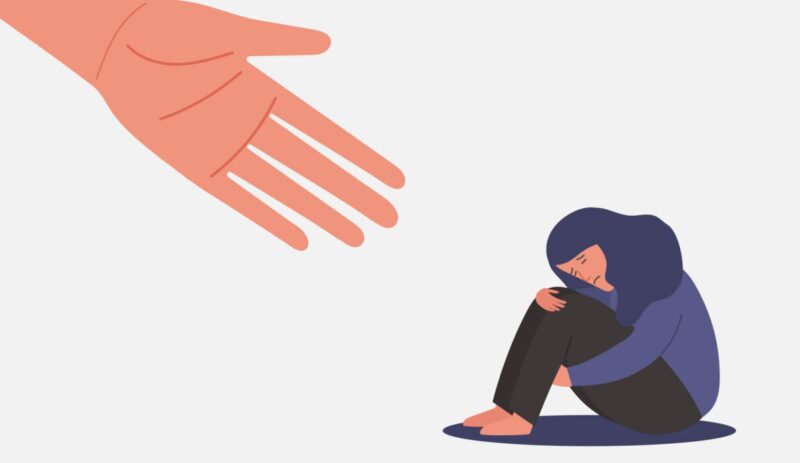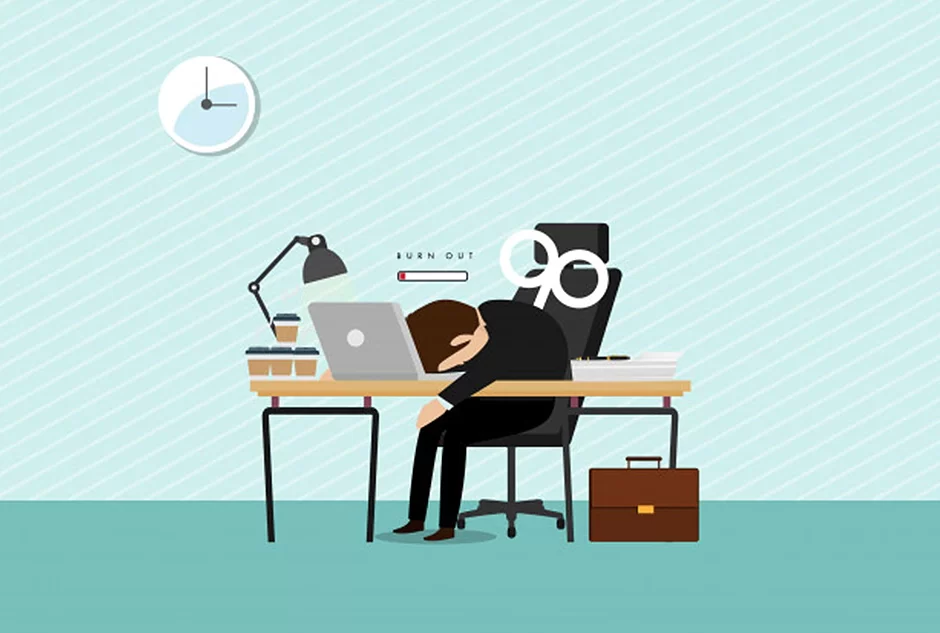It is estimated that one in every five working-age adults are suffering from a mental illness at any given time. In addition to this, a further one-sixth will be suffering from symptoms related to mental health such as distress, low mood, reduced sleep and fatigue, while not meeting the criteria for a diagnosable mental illness (Black Dog Institute, 2022). According to the Australian Bureau of Statistics, approximately 45% of Australians aged between 16 and 85 will experience a mental illness at some point in their life. Given the statistics, it is likely that employee mental health is affecting your workplace.
How does mental health affect the workplace?
The statistics are compelling that employee mental health can have a significant effect on performance at work. Additionally, poor workplace culture, low job satisfaction and stress at work can exacerbate or contribute to the development of mental health conditions. The facts are:
-
Workplace stress accounts for a total of 3.2 days lost per worker (Medibank Private, 2008).
-
Compensation claims related to workplace stress have doubled, costing a yearly total of over $10 billion (Medibank Private, 2008).
-
A survey conducted by the Australian Council of Trade Unions of over 5000 workers, found that 25% of the workforce took time off each year for reasons related to stress.
-
In relation to psychological injury claims, work pressure has twice as many claims per year when compared to harassment and bullying (Comcare, 2005).
-
Australian businesses lose over $6.5 billion each year by failing to provide early intervention for workers with mental illness (AHRC, 2022).

Creating a safe and healthy workplace can help to reduce costs associated with worker absence and high turnover, increase productivity of the workforce, and improve workplace culture. Not only does providing a supportive work environment make good business sense, but research also indicates that good work is good for us!
Individuals frequently identify work as a sense of purpose, acceptance within society and opportunity for growth and development. Therefore, good work can play a pivotal role in an employee’s recovery from mental health difficulties.
What are your responsibilities for employee mental health as an employer?
An employer has legal obligations in relation to the management of employee mental health in the workplace. The Work Health and Safety Act 2011 imposes a legal duty on business operators to protect the physical and mental health of employees. Under the act, a workplace must identify potential hazards and do what is reasonably practicable to eliminate or minimise the effects on employees’ mental health. The act also stipulates that an employer must not discriminate against, harass or victimise an employee because they have a mental illness. Business operators are also required to make reasonable adjustments to meet the needs of workers with mental health conditions.
How can you support employee mental health?
Reducing the stigma through understanding the truth about employee mental health is proven to lead to better outcomes and improved performance at work. Employ Health offers Mental Health First Aid (MHFA) training run by accredited instructors. Mental Health First Aid is an internationally recognised, evidence-based training program that teaches members of the public how to help a person developing a mental health problem, experiencing a worsening of an existing mental health problem or in a mental health crisis. By the end of the course, you will have the knowledge and skills to:
-
Recognise signs and symptoms of common employee mental health conditions
-
Identify risk factors and causes of common mental health problems
-
Offer help to an employee showing the signs and symptoms of a developing mental health problem or a mental health crisis
Learning the skills to make a difference
Most mental health conditions in the workplace are treatable and often preventable. Employers and workplaces can play an active and significant support role in improving the wellbeing of their employees as well as assisting in the recovery from mental health conditions. Mental Health First Aid is fundamental in developing a positive work environment that supports and encourages the mental health of its employees. Through encouraging open lines of communication, Mental Health First Aid can change lives inside and outside of the workplace.
Click here to learn more about becoming an accredited Mental Health First Aider, or to explore Employ Health’s other services.
Emergency Support
If you or someone in your workplace is in a crisis and you think urgent action is required, please contact emergency support on:
-
Emergency on 000
-
Lifeline on 13 11 14
-
MensLine Australia on 1300 789 978
-
Suicide Call Back Service on 1300 659 467

References
Australian Council of Trade Unions. 2008. Workplace Stress.
Comcare. 2005. Working Well, An Organisational Approach to Preventing Psychological Injury, A Guide for Corporate, HR and OHS Managers
Black Dog Institute. 2022. [online] Available at: <https://www.blackdoginstitute.org.au/wp-content/uploads/2020/04/black-dog-institute-mental-health-toolkit-2017.pdf>
Australian Human Rights Commission (AHRC). 2022. Mental health in the workplace.
Medibank Private. 2008. The Cost of Workplace Stress in Australia.
